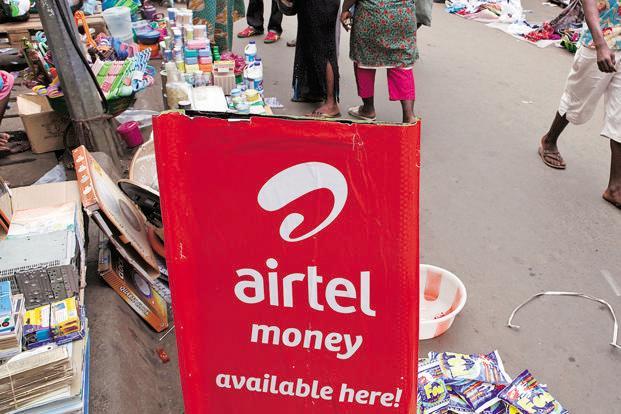 The proposed Payments Banks will increase competition for the public sector lenders and could also pose risks to their market share over the long-term, Fitch Ratings said Thursday.
The proposed Payments Banks will increase competition for the public sector lenders and could also pose risks to their market share over the long-term, Fitch Ratings said Thursday.
The Reserve Bank yesterday gave 'in-principle' nod to 11 entities, including Department of Post, Reliance Industries, Aditya Birla Nuvo, Vodafone and Airtel, to set up payments banks and proposed such licences 'on tap' in future.
"Their focus on smaller deposit holders and mobile banking will add to competitive pressures for public banks, and could potentially pose risks to their market share over the long- term," Fitch Ratings said in a statement.
Payment banking licence will allow companies to collect deposits (initially up to Rs 1 lakh per individual), Internet banking, facilitate money transfers, and sell insurance and mutual funds.
They can issue ATM/debit cards, but not credit cards. "The 'in-principle' approval granted will be valid for a period of 18 months, during which time the applicants have to comply with the requirements under the guidelines and fulfil the other conditions as may be stipulated by the Reserve Bank," RBI had said.
As regards to government's estimate that PSU banks would raise Rs 1.10 lakh crore from markets in four years, Fitch Ratings said it is "overly ambitious".
The government has estimated that PSU banks would meet Rs 1.80 lakh crore worth capital in four fiscal ending 2018-19.
Of this the government would infuse Rs 70,000 crore and the rest Rs 1.10 lakh crore would be raised by the banks from the markets.
"The government's expectation that public banks will be able to raise an additional Rs1.1 lakh crore from the markets also seems overly ambitious, considering persistent low equity valuations. Valuations are unlikely to change until asset-quality woes begin to be addressed in a meaningful way," it said.
It said the fund infusion plan reiterates the government's position to inject new capital, and should provide the necessary room to support public banks' ailing balance sheets.
However, the capital budgeted may not be sufficient, depending on growth expectations and how supervisory capital ratios develop for the banks.
On government's last week's announcement of revamping of PSU banks, Fitch Ratings said the move is "credit positive, but risks remain".
It could be a significant step towards increased transparency, better governance and greater accountability for the sector.
"The measures aim to address critical aspects of public banks' day-to-day functioning, and will have positive effects for credit as they are implemented over the medium term. The impetus for reforming public banks is high in light of growing competition and large capital shortfalls," it said.
The most notable elements of the reform plan, address issues pertaining to management and governance at PSU banks.
In particular, the reforms to make leadership positions at the large state banks eligible to candidates from the private sector, and to establish a dedicated Bank Boards Bureau (BBB) to manage board appointments, are significant first steps toward greater professionalism, Fitch added.
"The extent that government interference is minimised - despite its position as a majority shareholder and major source of capital - will have an important bearing on whether the reforms meet their stated objectives," it said.
Besides, the appointment of two private sector managing director/CEO at large state banks - Bank of Baroda and Canara Bank - would be an important test case for whether new leadership will be able to reform bank cultures.
The revamp plan also highlights a new framework of accountability which aims to reward capital efficiency and operational productivity in line with previously established objectives to transition banks towards more sustainable commercial practises.
"The government's intent to follow through on its stated objective to minimise interference in public banks' business decisions remains somewhat uncertain. The ability of new leadership at the public banks to address both internal and external challenges to reform is also a key question, while resistance from unions to new hiring practises remains a risk," Fitch said.
Photograph: Reuters








